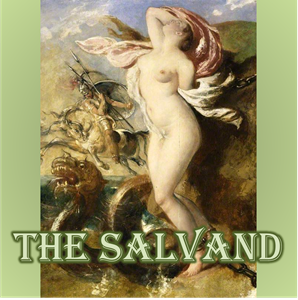 The Damsel-in-Distress is an intriguing trope, the female-gendered variation of the Salvand archetype, which is a character that needs saving. As the most prevalent expression of the Salvand, the Damsel not only informs our myth and literature, it embeds an insidious bias into our personalities, our culture, our politics. It’s a bias that corrupts our judgment, and thus our attempts at justice, like no other archetype.
The Damsel-in-Distress is an intriguing trope, the female-gendered variation of the Salvand archetype, which is a character that needs saving. As the most prevalent expression of the Salvand, the Damsel not only informs our myth and literature, it embeds an insidious bias into our personalities, our culture, our politics. It’s a bias that corrupts our judgment, and thus our attempts at justice, like no other archetype.
I’ve analyzed the Damsel before here, to show how it tricks us into perpetuating it by trying to save women from it. After all, the whole point of the Damsel is that “she” needs to be saved: trying to save women from the Damsel trope actually strengthens the Damsel trope. This ironic dynamic leads to a lot of head-desk moments, like when CBS’s Supergirl series failed the Bechdel Test‘s third bullet in a hook line intended to evoke girl power: “It’s not a bird, it’s not a plane, it’s not a man.”
Well, a few things have happened over the past couple of years that illustrate this principle neatly and deserve discussion, incidents involving a few of my genre favorites: fantasy (Game of Thrones), sci-fi (Fury Road), and hard-boiled fiction (In a Lonely Place).
